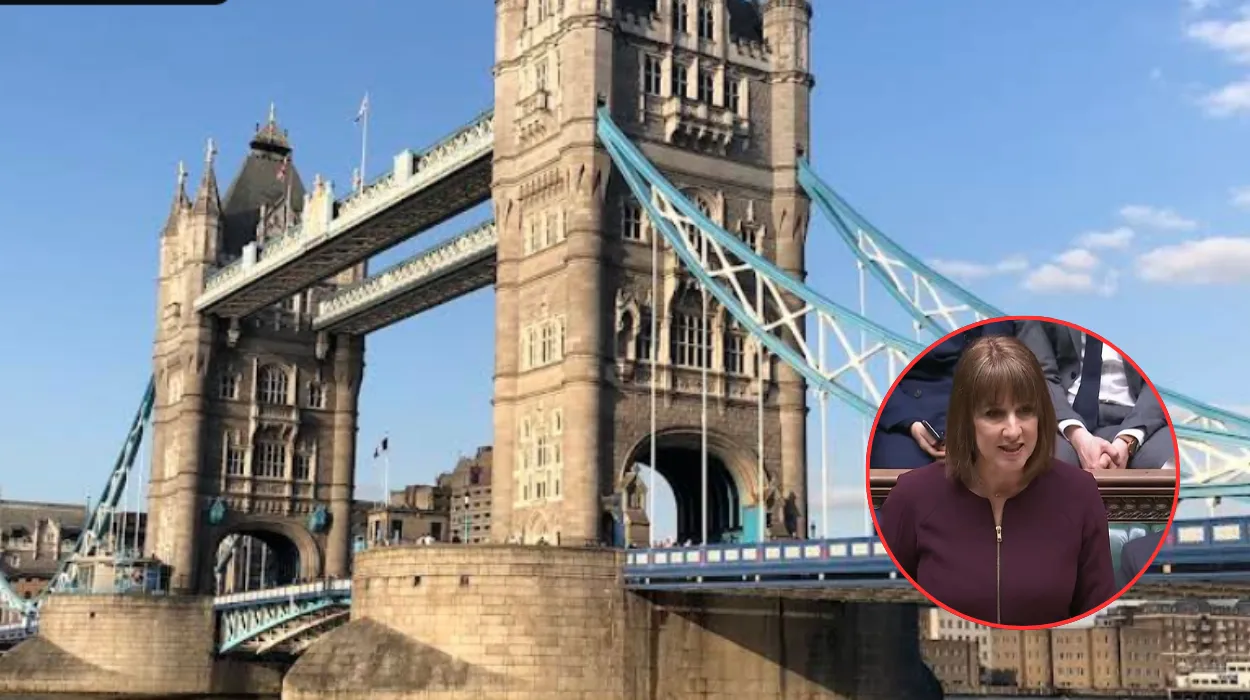Southwark (Parliament Politics Magazine) – Chancellor Rachel Reeves is pushing a “licensing free‑for‑all” in Southwark, limiting resident input on extended hours, loud music and public‑space use.
Due to this contentious decision, local communities would no longer be informed of intentions to launch a new bar or nightclub or to alter the hours of operation of an existing establishment. Changes in governance could also be kept secret by local councils.
She briefed the Mail On Sunday about the intentions without further discussion or debate with councils or the local press, which currently publishes license notifications, in an attempt to give people in the hospitality industry more flexibility to operate as they like.
Rachel Reeves, who advocated for increased outdoor dining as a means of assisting the struggling pub industry in turning around, termed her quest for less regulation “pavement pints.”
Instead of addressing more urgent concerns about business rates, National Insurance contributions, and rising energy expenses, Labour’s measures will only allow Sothwark Pubs to operate later and use space outside, despite the fact that their fortunes have drastically declined since the pandemic.
A prominent pub operator stated this month that the planned alcohol license reform was “not going to drive another penny through our doors” and that it “completely ignores the far bigger challenges facing the pub and wider hospitality sector.”
The Campaign for Real Ale (CAMRA) head, Ash Corbett-Collins, countered that the measure would not address the sector’s core problems and favored greater openness over a move that needlessly pits publishers against pubs.
He told the Yorkshire Post:
“If your local pub is making changes, it’s important that you know them, and you can say, ‘yeah, that’s a really good change. I’d like to support that change. I know that will improve our community.’
Whatever method the Government keeps for these notices, it must be accessible to the widest range of people, so communities can buy into improving their pubs together.”
The News Media Association said it amounted to a “betrayal of local communities and the public’s right to know.”
It would remove the need to publish licences in the local press, depriving local papers of an essential revenue source at a time when they also have been bought to near extinction in many parts of the country.
Owen Meredith, Chief Executive of the News Media Association, said:
“Local pubs, like local papers, are at the heart of their communities and the government should rightly support them.
This proposal does nothing to help either. It is not a cut to bureaucratic red tape, as framed, but a damaging assault on democratic engagement.”
In an effort to take a harsh stance against anti-social behaviour (ASB) throughout the borough, Southwark Council, like many other local authorities, is considering enacting a Public Spaces Protection Order (PSPO).
The PSPO would enumerate specific types of antisocial behavior in public areas that residents have determined require immediate attention. For example, Southwark has already highlighted public urination, unlicensed music, and loud street drinking as issues they wish to address.
Which councils will be affected by removing printed notices?
The junking of printed pub and club licensing notices will affect all original councils across England and Wales, as these councils presently have statutory duties to publish public notices about alcohol license operations and changes in journals. This includes councils in both pastoral and civic areas, similar as Cornwall Council, Surrey Heath, and councils in London megalopolises like Southwark.
MPs and council leaders from regions have expressed concern that removing the demand for published notices will reduce translucency and community engagement across their constituencies. The change would affect councils anyhow of size, removing a crucial channel through which residents learn about licensing opinions that impact their neighbourhoods.
Opponents argue that numerous residents, especially aged or digitally barred individuals, calculate on published papers to stay informed. barring print notices could enfranchise communities and reduce popular responsibility at the government position.


